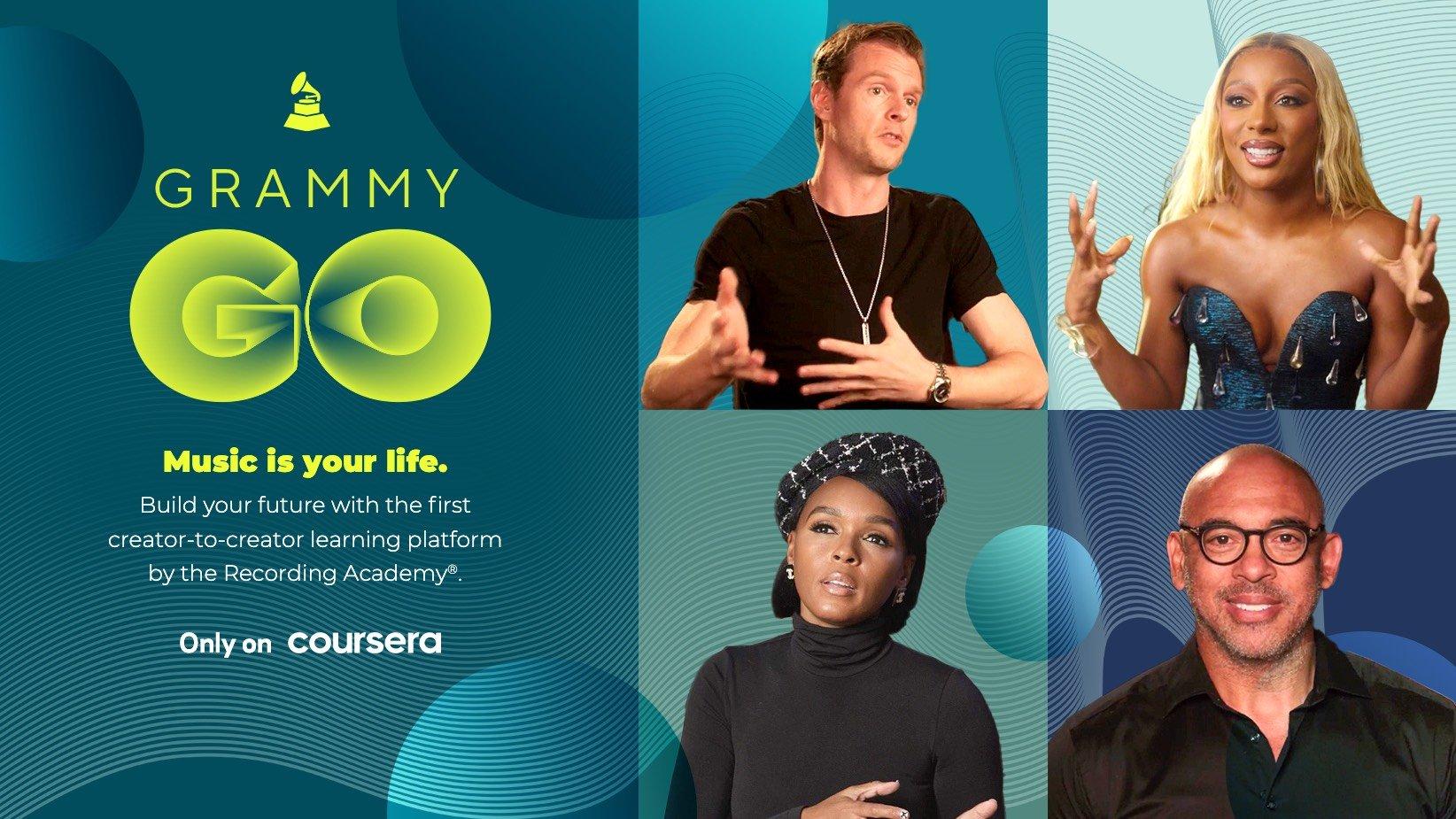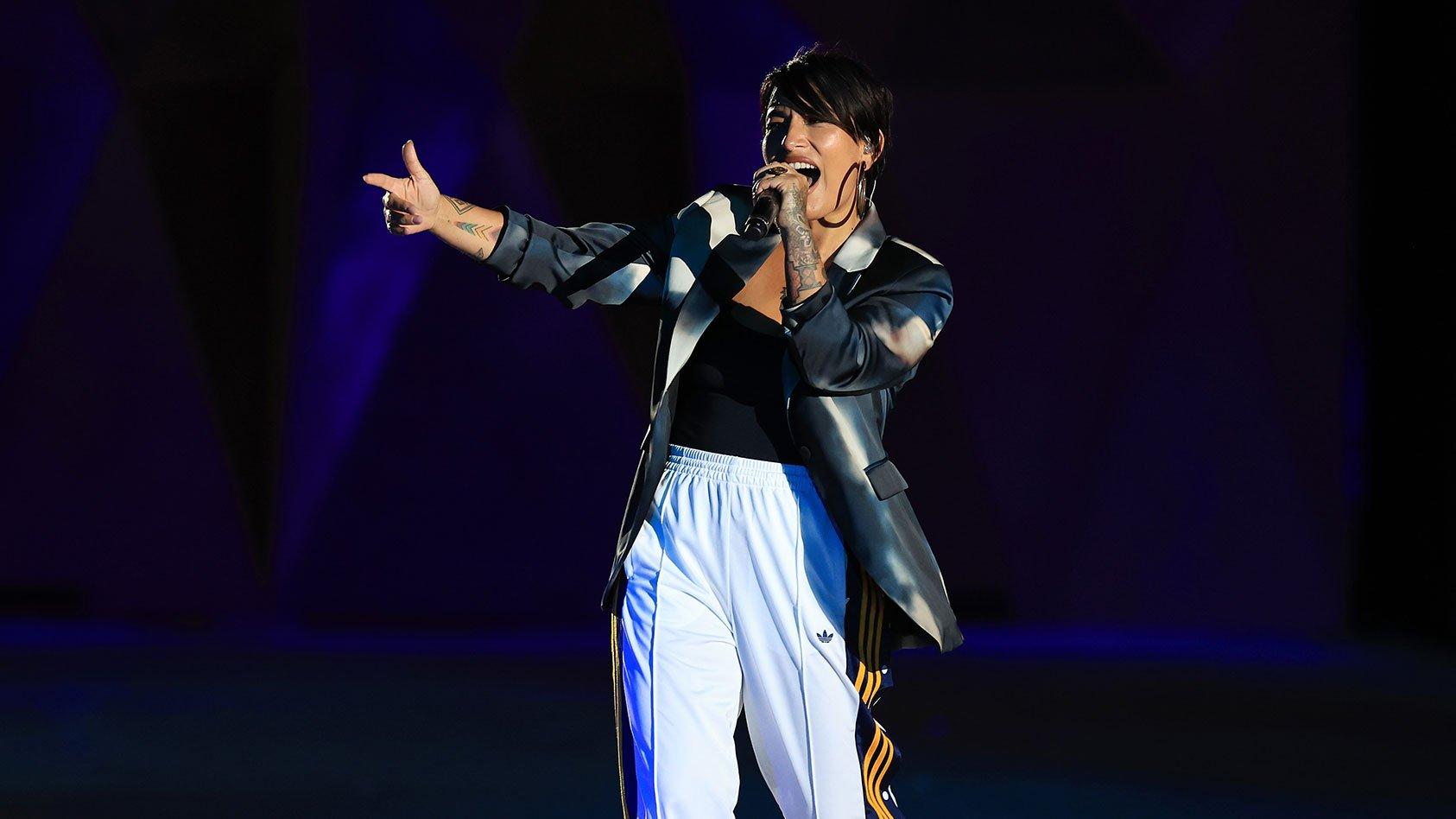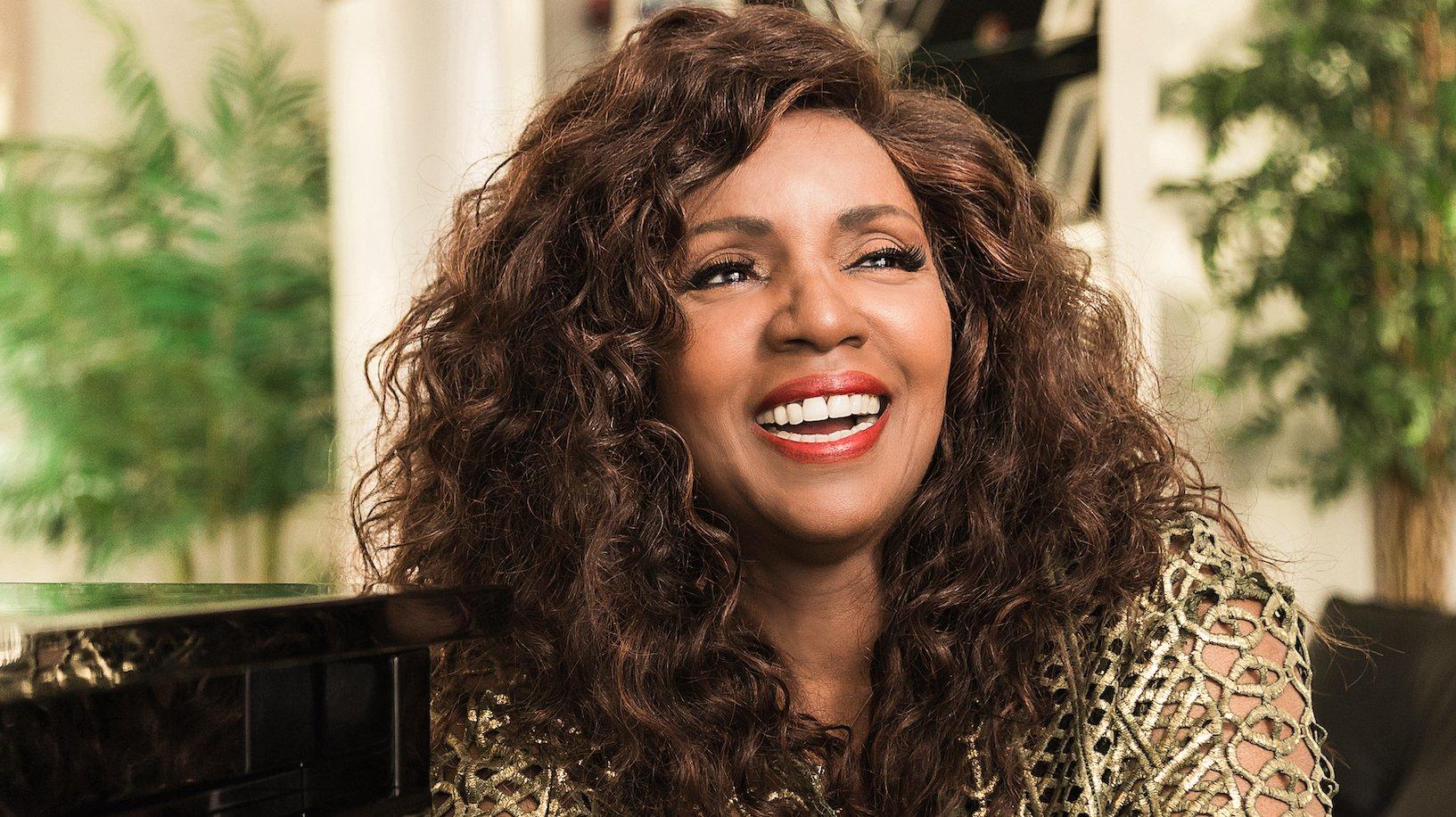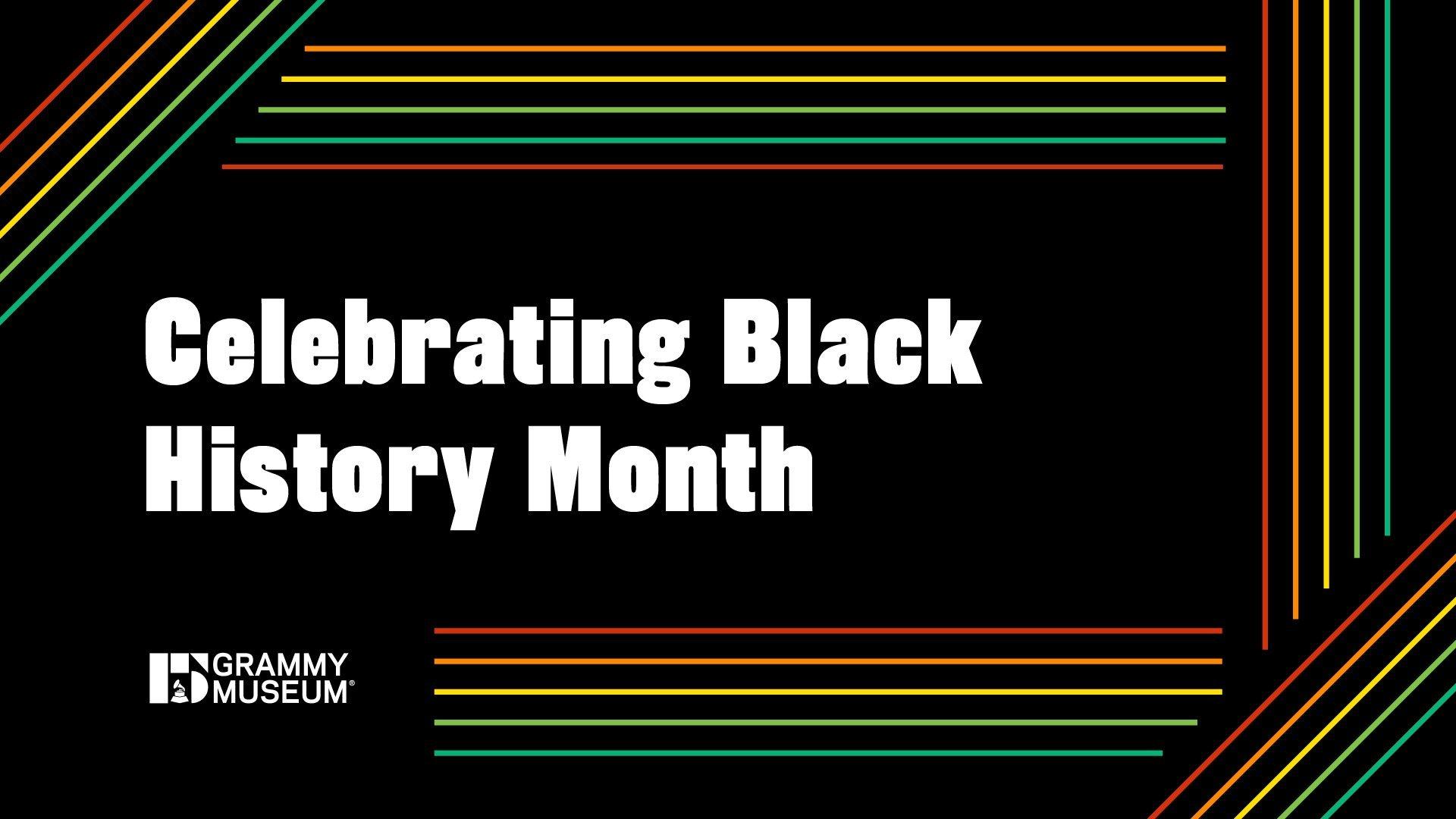The GRAMMY Awards Premiere Ceremony will take place at Nokia Theatre L.A. Live on Sunday, Feb. 8, from 12:30–3:30 p.m. PT, and present the first GRAMMY Awards of the day in approximately 70 categories. The ceremony will be hosted by current GRAMMY nominee Hunter Hayes and will stream live internationally at GRAMMY.com/live.
Attended by nominees and industry VIPs, the star-studded ceremony will feature performances by current nominees Angie Fisher, Cheyenne Jackson & Alexandra Silber, Old Crow Medicine Show, Ana Tijoux, and an all-star jazz quartet featuring Nathan East, Robert Glasper, Billy Hart, and Joe Lovano. Presenting the first GRAMMY Awards of the day in approximately 70 categories will be current nominees Rosanne Cash, Gloria Gaynor, Hilary Hahn, Smokie Norful, and John Waters as well as five-time GRAMMY-winning producer Jimmy Jam.
Hayes is nominated for Best Country Solo Performance for "Invisible." He has received four previous GRAMMY nominations.
East, Fisher, Hart, Jackson & Silber, Old Crow Medicine Show, and Tijoux each have one nod: East for Best Contemporary Instrumental Album for Nathan East; Fisher for Best Traditional R&B Performance for "I.R.S."; Hart for Best Jazz Instrumental Album for Enjoy The View; Jackson & Silber for Best Musical Theater Album for West Side Story; Old Crow Medicine Show for Best Folk Album for Remedy; and Tijoux for Best Latin Rock, Urban Or Alternative Album for Vengo.
Glasper and Lovano have two nominations each: Glasper for Best Traditional R&B Performance for "Jesus Children" and Best R&B Album for Black Radio 2; Lovano for Best Improvised Jazz Solo for "Recorda Me" and Best Latin Jazz Album for The Latin Side Of Joe Henderson.
Hahn, Gaynor and Waters each have one nomination: Hahn for Best Chamber Music/Small Ensemble Performance for In 27 Pieces — The Hilary Hahn Encores; Gaynor for Best Spoken Word Album (Includes Poetry, Audio Books & Storytelling) for We Will Survive: True Stories Of Encouragement, Inspiration, And The Power Of Song; and Waters for Best Spoken Word Album for Carsick: John Waters Hitchhikes Across America.
Norful has two nominations: Best Gospel Performance/Song for "No Greater Love" and Best Gospel Album for Forever Yours.
Cash has three nominations: Best American Roots Performance and Best American Roots Song for "A Feather's Not A Bird," and Best Americana Album for The River & The Thread.
The live stream of the Premiere Ceremony will remain on GRAMMY.com as video on demand for 30 days following the event. Following the ceremony, the 57th Annual GRAMMY Awards will be broadcast live on the CBS Television Network from 8–11:30 p.m. ET/PT. For GRAMMY coverage, updates and breaking news, visit The Recording Academy's social networks on Facebook, Twitter and Instagram.




